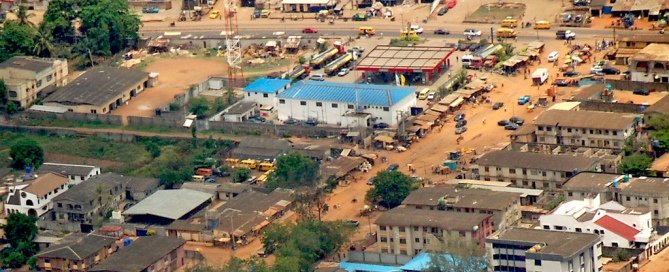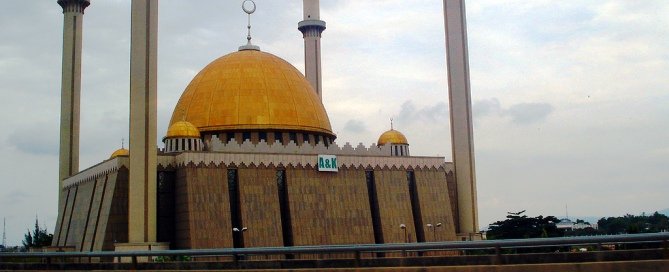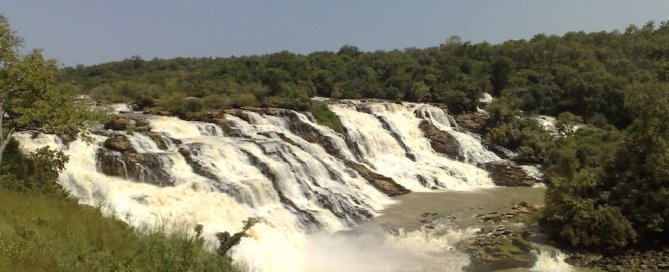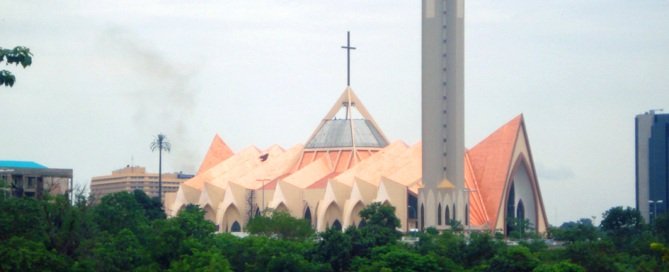Guide to Nigeria
Quick Facts

Population: 155 million
Major Languages: English, Yoruba, Ibo
Currency: Naira
Calling Code: 234
Nigeria is the beating heart of West Africa and the most populous country in the whole of Africa. For centuries it remained a collection of small states and loose kingdoms, until first the Portuguese arrived, and then, in the 19th century, the British. By the 20th century, Britain had extended control over the entire region, and the newborn colonial Nigeria was divided into two- a southern Christian colony and a northern Islamic protectorate.
A mixture of nationalist fervor and British legislation secured Nigeria's independence in 1960. This, however, proved to be the beginning of a destabilizing period marked by ethnic clashes and violent coups which, over the coming decades, left millions in famine. Only in 1998 with the arrival of new president Olusegun Obasanjo did the country begin to look up. He was partly successful at revamping Nigeria's place in the international system, proved by the country's current leading role in the Commonwealth, though despite the cancelling of Nigeria's debts, Obasanjo's economic work generally met poorer results.
Today, Nigeria is listed as one of the ‘Next Eleven'- a list of countries expected to become major economic powers in the 21st century. Indeed, it has one of the fastest growing economies in the world, and with that, comes all the developments that you would expect.
Capital: Right in the centre of Nigeria, Abuja's history dates back only to the 1980s, when it was built to replace Lagos as the country's capital in 1991. The Presidential Complex, the Supreme Court and the National Assembly make Abuja the center of Nigerian government, and coexist with such religious icons as the National Mosque and the National Christian Centre. Today, Abuja is one of the wealthiest and most expensive cities in the continent. Three years ago, the city was on the spotlight as MTV chose it to host Africa's first ever music awards show.
Government: Nigeria is a federal republic where President Goodluck Jonathan acts as chief of state and head of government. A bicameral National Assembly consists of the Senate and House of Representatives.
Culture: Nigerian culture is rich in every sense. Its literary creations include Africa's first Nobel Laureate in Literature and Chinua Achebe's international best-seller Things Fall Apart. Its music incorporates elements from Cuban and Brazilian music, fusing them with American jazz and soul. Its film industry, known as Nollywood, is the second-largest producer of movies in the world.
Nigerian cuisine is no less varied, ranging from palm or groundnut oil to hot soups made with chili peppers. In terms of sports, Nigerians venerate football. The national team, the Super Eagles, has made it to the World Cup four times, and Nigerian football players usually become international stars. This splash of modernity contrasts with the centuries-old customs still observed in Southern Nigeria, where ancient gods are venerated, or with memories of the Saharan trade routes, which still linger in Northern Nigeria.
Nigerian Media
 |
|













